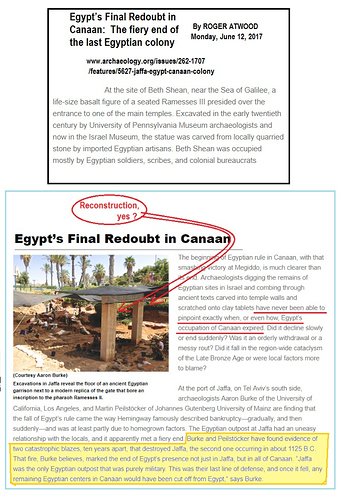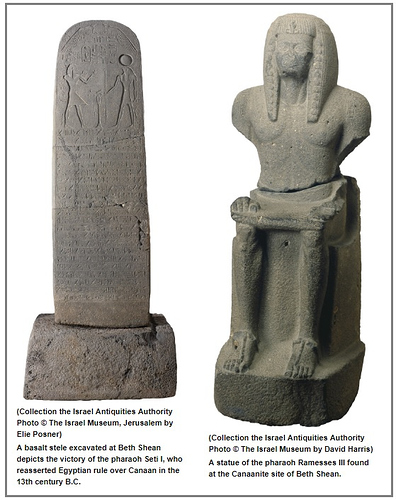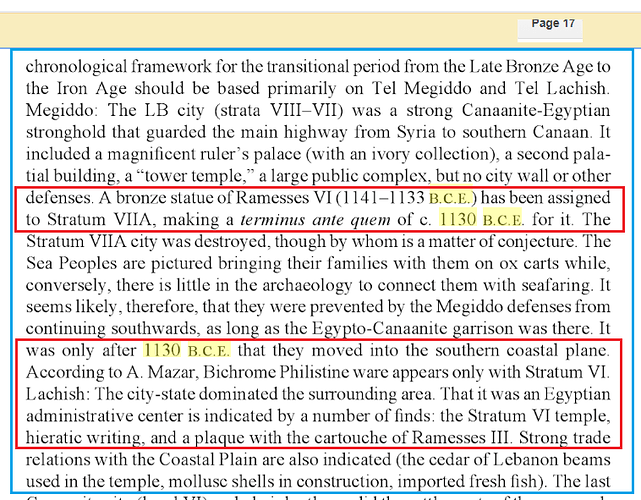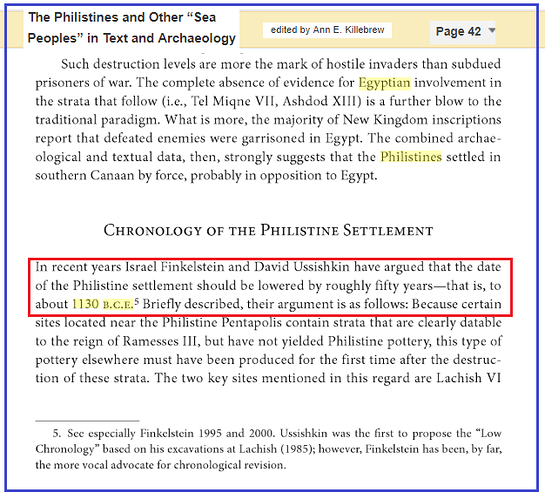The Karatepe bi-lingual equates the Phoenician “EL-the-Creator” to the Cuneiform “Ea”.
.
.
.
.
While the OT equates “EL-the-Creator” to “Yah”.
Strong’s “Obed-Edom” tells us that Edom was not named for “red” or for “clay”… but for a god’s name:
Obed-edom = “servant of Edom”
[1] a Levite and a Gittite who kept the ark after Uzzah was slain by God for touching the ark while it was being taken to Jerusalem
[2a] a Merarite Levite and a singer and gatekeeper
[2b] the family descended from him
But who would this god be? “Iddim”, in cuneiform, refers to Underground Spring, which matches the Ugaritic texts about “well-watered Udumu” (which either refers to Edom itself, or a second place that is “well-watered”).
Udumu > Iddim > Edom
Is there any Biblical support for this? Well, there is. But to catch the clue, a reader would have to know Sumerian cuneiform:
^^^^^^^^^^^^^^^^^^^^^^^^^^^^^^^^^^^^^^^^^^^^^^^^^^^^^^^^^^^^^^^^^^^^^^^^^^^^^^^^
The King of Israel met with the Kings of Judah and Edom to assault Moab:
2 Kings 3:8-24
"…Which way shall we go up? And he answered, The way through the wilderness of Edom.
So the king of Israel went, and the king of Judah, and the king of Edom:
… and there was no water for the host, and for the cattle that followed them.
And the king of Israel said, Alas! that the LORD hath called these three kings together, [just] to deliver them into the hand of Moab!
But Jehoshaphat said, Is there not here a prophet of the LORD, that we may enquire of the LORD by him? And one of the king of Israel’s servants answered and said, Here is Elisha the son of Shaphat…
So the king of Israel and Jehoshaphat and the king of Edom went down to him.
And he [Elisha] said, Thus saith the LORD, Make this valley full of ditches.
For thus saith the LORD, Ye shall not see wind, neither shall ye see rain; yet that valley shall be filled with water!..
And it came to pass in the morning, when the meat offering was offered, that, behold, there came water by the way of Edom, and the country was filled with water. [2 Kings 3:20]
And when all the Moabites heard that the kings were come up to fight against them, they gathered all that were able to put on armour, and upward, and stood in the border.
And they rose up early in the morning, and the sun shone upon the water, and the Moabites saw the water on the other side as red as blood:
And they said, This is blood: the kings are surely slain, and they have smitten one another: now therefore, Moab, to the spoil[s].
And when they came to the camp of Israel, the Israelites rose up and smote the Moabites…"
[End of 2 Kings 3 relevant verses]
^^^^^^^^^^^^^^^^^^^^^^^^^^^^^^^^^^^^^^^^^^^^^^^^^^^^^^^^^^^^^^^^^^^^^^^^^^^^^^^^^^^^^^^^^^^^^^^^
It is with great scribal dexterity that in the very chapter that superficially reinforces the connection between “Edom” and “Red”, we also find the very verses that document the abundance of underground fresh water in the low-lying territory of Edom! [2 Kings 3:20] This is Hebrew word-play at its best!
Edom is the Hebrew spelling of the Cuneiform Iddim “underground water”. But who would know this except a well trained scribe?
So let us return to the original question, which divine entity inspired the Hebrew’s first conceptions of Yah? It appears that Yah is the Semitic rendering for the cuneiform “Ea”, “House of Water”, “God of Water”. In fact, if a Hebrew scribe was listening to a foreigner discussing Ea, he would be hard-pressed to write it down in any other form than the Hebrew Yah, which is in fact the word used in the O.T. 49 times (though King James
translates Yah into “Lord” 48 times!).
Psalm 68:4 -
Sing to God, sing praises to His name;
Extol Him who rides on the clouds,[fn]
By His name YAH,
And rejoice before Him.
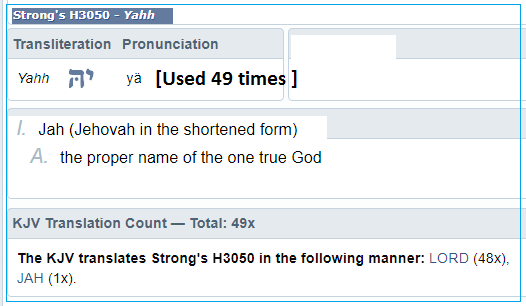
In the time of David, the keeper of the returned Ark was Obed-Edom [aka "Servant of Edom/ Iddim/ Underground.Water]. The God that marched out of Seir to Judah, the one and the same. Just as the Karatepe bi-lingual implies.
Reggie, there are some other ideas that go along with this interpretation.

